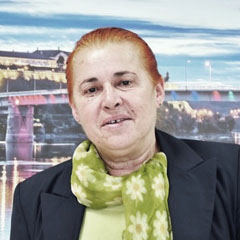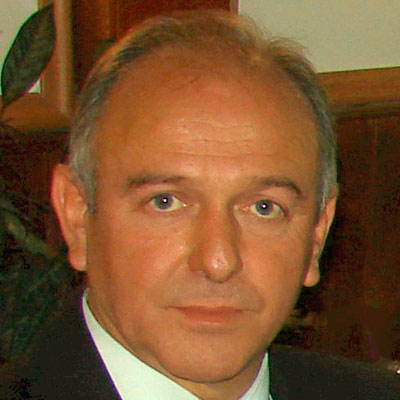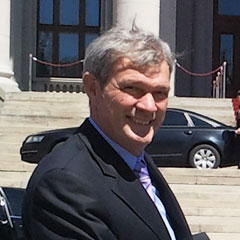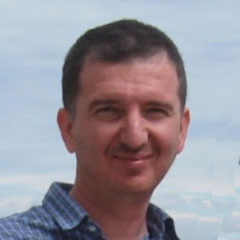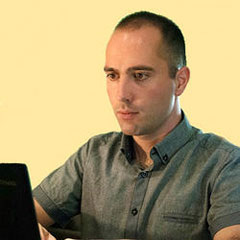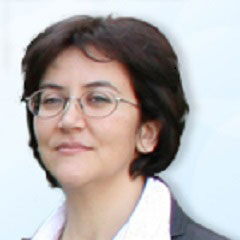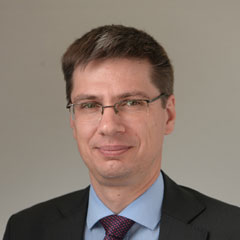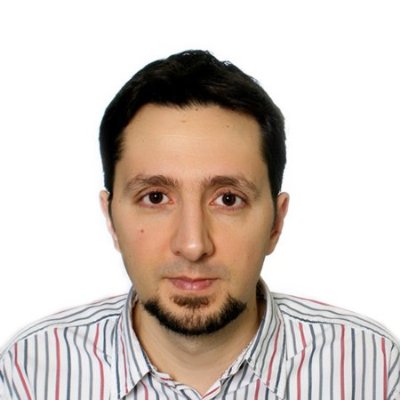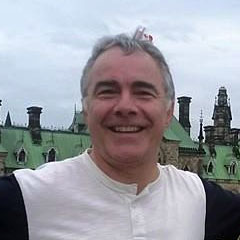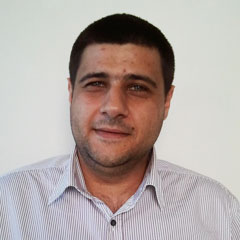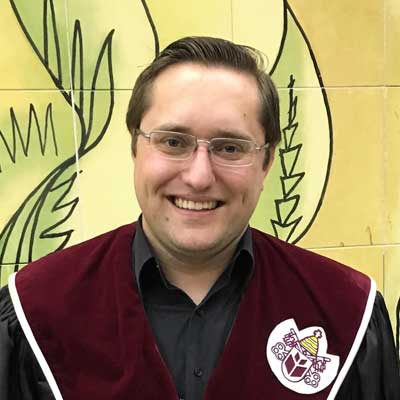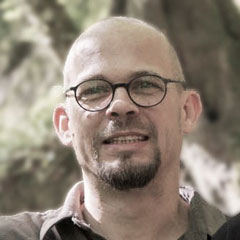ICT for health, well-being and sport
One of the greatest social challenges today is addressing many different concerns and issues related to healthcare and well-being. These challenges include, but are not restricted to, improving the understanding of the causes and mechanisms connected to health; ability to monitor, prevent, detect, and treat disease; personalize health and care delivery. For addressing such challenges, a new approach is needed, which will transform the health and care delivery. This approach is proactive rather than reactive. Healthcare should evolve mechanisms for early risk detection, shifting from the acute treatment to long-term health monitoring. Instead of focusing on single disease treatment, healthcare systems should become capable of handling multiple chronic conditions and comorbidities at the same time. Care delivery should become pervasive, not exclusively institutional. Finally, the generic treatment approach should be abandoned, and care should become more personalized.
Although health is an important, if not necessary, component of well-being, physical activities such as recreation and sports are a good way to maintain and improve it. With the rapid advancement and affordability of miniature, wearable sensor devices, new approaches to quantifying and qualifying our physical activities are possible. For example, innovative applications based on sensor data will contribute to faster, cheaper and safer physical rehabilitation programs, personalized recreational plans, and in-depth analysis of athletes' performance in different sports.
Advanced ICT technologies will play a crucial role in this transformation. Health-related data will grow and will have accurate and useful digital representations. Predictive computing, used by the care providers and customers, will use health-related data to facilitate early risk detection and self-management of health and disease. Health systems will become interoperable. Robotic systems, driven by artificial intelligence will enable assisted living, in smart, age-friendly homes. Biofeedback applications in healthcare, sport, recreation, and rehabilitation will enable an easier and faster way to achieving the desired results. They will assist individuals, healthcare personnel, and trainers in many ways; from influencing the physiological processes in the human body, to motor learning in sports and rehabilitation.
With this session, we aim to uncover the current research in the above mentioned topics and topics closely related to them. All relevant contributions are strongly welcomed.
Co-chairs:
- Trajanović, Miroslav (traja@masfak.ni.ac.rs).
Faculty of Mechanical Engineering, University of Niš, Niš, Serbia
- Kos, Anton (anton.kos@fe.uni-lj.si).
Faculty of Electrical Engineering, University of Ljubljana, Slovenia, Ljubljana, Slovenia
- Canciglieri Jr., Osiris (osiris.canciglieri@pucpr.br).
Pontifical Catholic University of Parana – PUCPR / PPGEPS, Curitiba, Brasil






